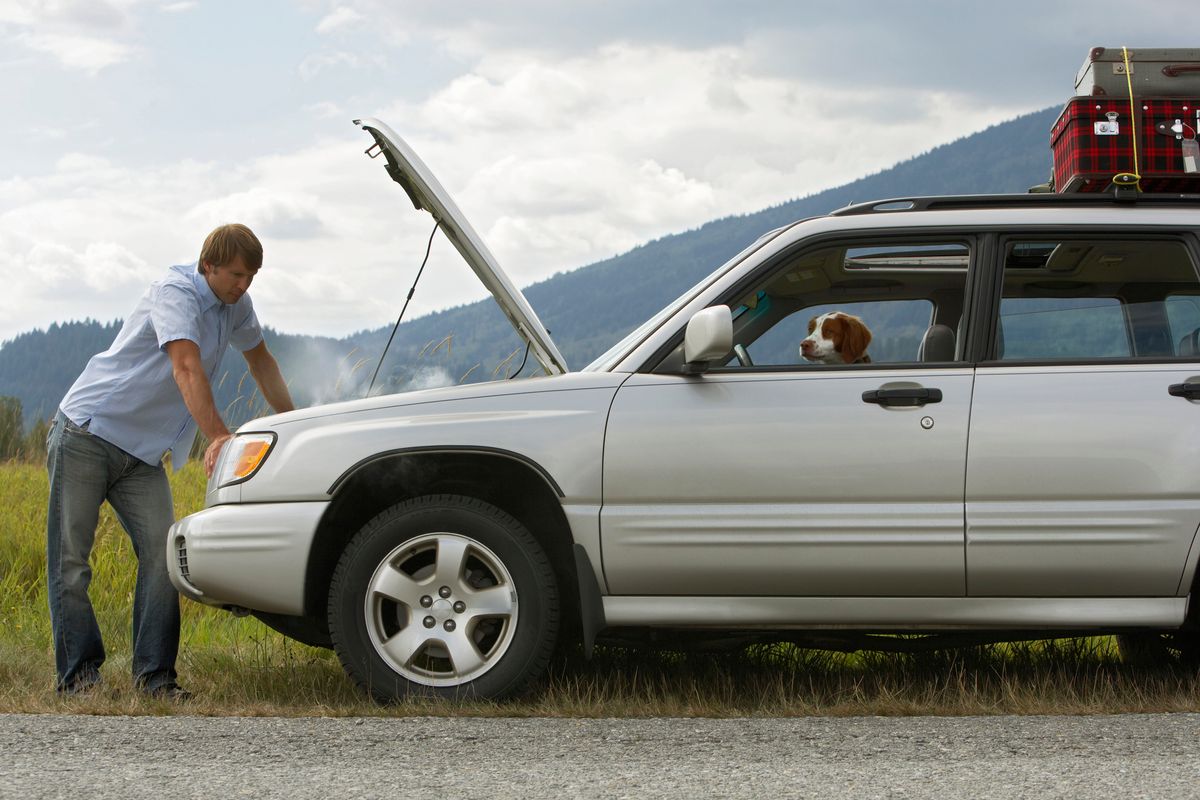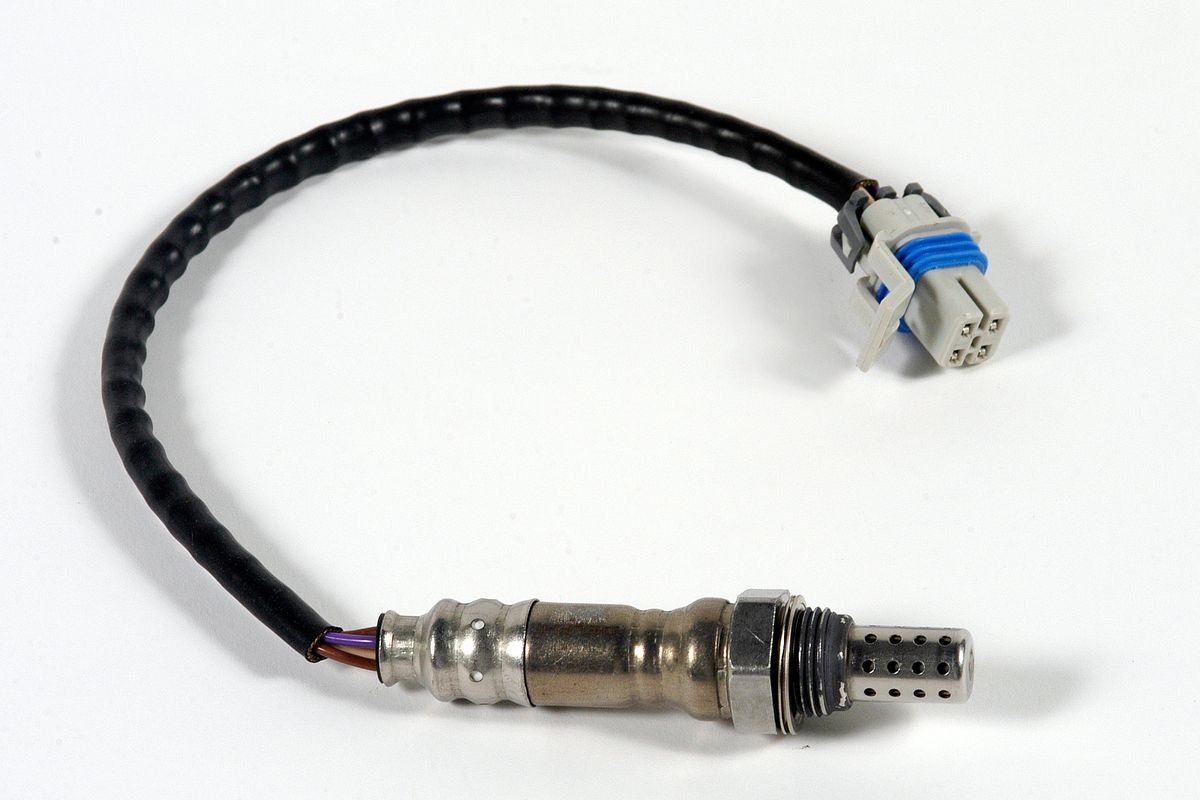
Now that we have explored the signs of a failing water pump, let’s delve into the underlying causes of water pump failure. Understanding these factors can help you take preventive measures and maintain the longevity of your water pump.
Damaged Seals: A Weakened Defense
One common cause of water pump failure is damaged seals. The seals play a crucial role in preventing coolant leakage and maintaining the pump’s efficiency. Over time, seals can wear out, crack, or break, leading to coolant leakage and a compromised water pump. Factors such as age, exposure to extreme temperatures, and poor coolant quality can accelerate seal deterioration. Regular inspection and replacement of worn-out seals can help prevent water pump failure.
Loose Water Pump Pulley: A Source of Trouble
The water pump’s pulley, driven by the engine’s belts, can become loose over time. This can result in decreased efficiency and performance of the water pump. Additionally, a loose pulley can cause imbalances in the water pump’s impeller, leading to complete failure. Regular inspection and maintenance of the pulley, including proper tensioning, can prevent issues associated with a loose water pump pulley.
Misaligned Drive Belt: A Cause for Concern
An improperly aligned drive belt can also contribute to water pump failure. If the belt is too tight, it can exert excessive force on the water pump’s bearings, leading to premature wear and failure. On the other hand, if the belt is too loose, it may not provide sufficient tension to turn the pulley and properly circulate coolant through the engine. Regular belt inspection, adjustment, and replacement as needed are essential to ensure optimal water pump performance and prevent potential issues.
Worn Out Axle: A Silent Culprit
The water pump’s axle, driven by the timing belt or serpentine belt, provides power to the pump for circulating coolant. Over time, the axle can wear out, resulting in a loose belt and interfering with the water pump’s functionality. This can lead to engine overheating and potential damage to the cylinder head or engine block. Regular maintenance and timely replacement of a worn-out axle can help prevent water pump failure and extend the lifespan of your engine.
Corrosion in the Cooling System: A Hidden Threat
Corrosion in the cooling system can significantly impact the performance of the water pump. Incompatible coolant, contaminated water, or the presence of air in the system can contribute to corrosion. Over time, corrosion can cause rust formation and damage the water pump, rendering it ineffective. Regular coolant flushes, using the recommended coolant, and addressing any cooling system issues promptly can help mitigate the risk of corrosion-related water pump failure.






